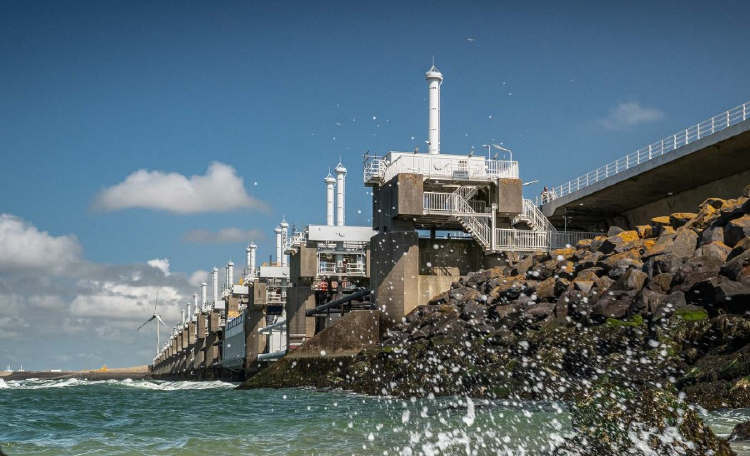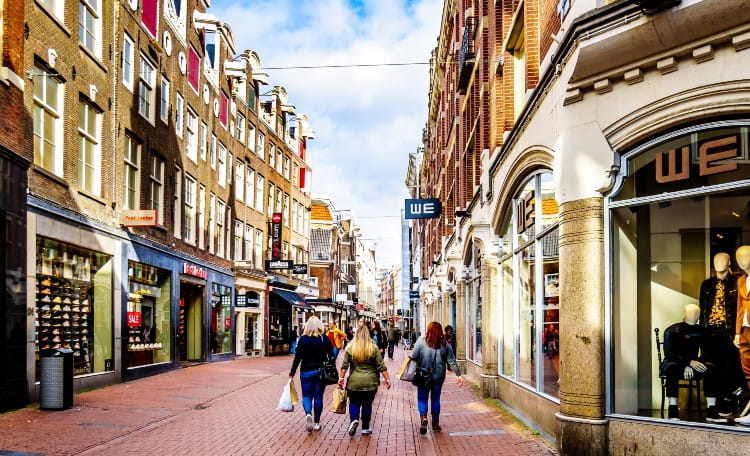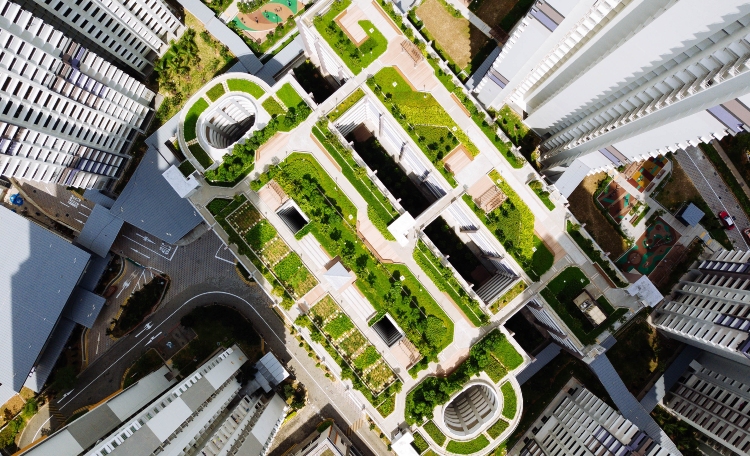A Smart City is an urban area that uses data to make decisions and make processes more efficient. According to the Smart City Index, a smart city is defined on the basis of existing infrastructure, technology applications and available (digital) services for its inhabitants. To achieve this, a city is filled with sensors that collect data about, among other things, air pollution, traffic density, crowds and full trash cans. And systems then respond to this information; for example, the garbage truck plans its route along the full trash cans.
The ever-growing population, especially in the large cities, means that cities have to densify. This creates new challenges in the field of public safety, accessibility and the impact of the city on the climate; quality of life is under pressure. Applications of smart technologies can contribute to the solutions. For example with platooning: forming trains of vehicles. This has the advantage of improving road safety and traffic flow. At the same time, platooning ensures lower fuel consumption and lower CO2 emissions.
One of the biggest challenges for a Smart City is how to deploy this technology. Smart technology in the city actually makes its inhabitants, and ultimately the city, dumber. Some basic skills that were normal 10 to 20 years ago are now being taken over by these technologies. How to navigate through a city; nowadays we are completely guided by our navigation and are no longer challenged.
It is important to strategically deploy these technology applications in the development or transformation of cities. Because imagine that life in the city (or beyond) is completely planned or structured by the availability of technology. Everything is efficiently and digitally thought through, 'robotized'. It literally takes the vibrancy and soul out of the city. There is a chance that the majority of people lose their creativity due to the advent of (too) much technology and our insatiable need to organize our lives as efficiently as possible. And that comes at the expense of our innovative strength.
The goal of technology should not be to create an ideal city. The ideal city cannot be created. It has no soul because everything feels made. Fortunately, the Netherlands is too small to build cities like The Line in Saudi Arabia from scratch and we have to deal with the existing built environment. This means that our starting point is always inefficiency. Fortunately, it offers opportunities for spontaneity and creativity and therefore for innovation, which benefits people and therefore the city. Innovation ensures that a city is more than a place where people live, but a place where people want to be.
A Smart City is only really smart if it ensures that it remains a place where people meet, perhaps more than now.
Every month a column is published on a topic related to the value of the city. This vision is based on internal research and dialogue with internal and external stakeholders, in close collaboration with consultants and analysts from our Real Estate Strategy & Innovation team.












